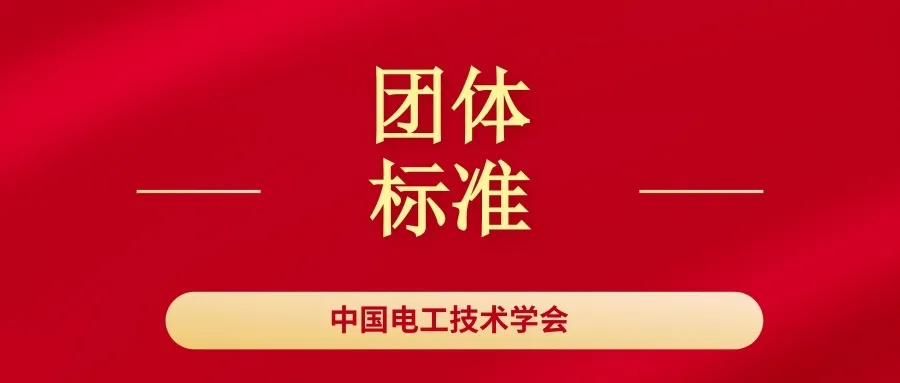
-
GB/T 34120 Technical Specification for Energy Storage Inverters of Electrochemical Energy Storage Systems -
GB/T 36547 Technical Regulations for Grid Connection of Electrochemical Energy Storage Systems -
GB/T 36548 Testing Specification for Grid Connection of Electrochemical Energy Storage Systems -
GB/T 40581 Specification for Safety and Stability Calculation of Power Systems -
GB 38755 Guidelines for Safety and Stability of Power Systems
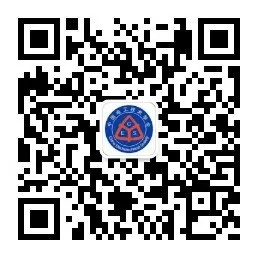
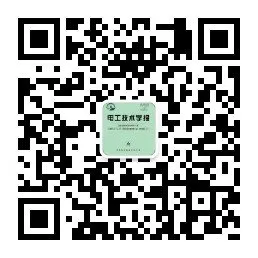
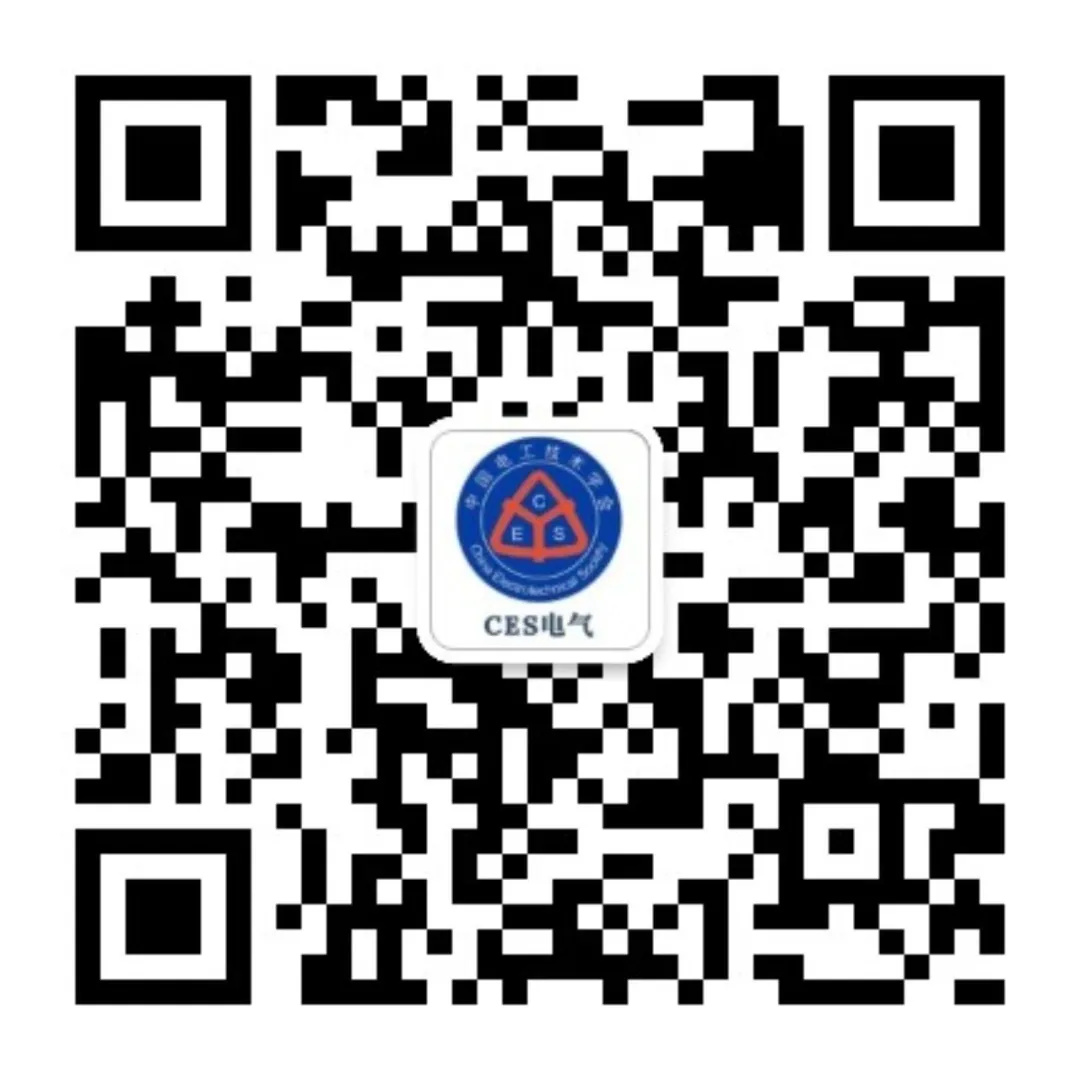
Official WeChat of the Society
Journal of Electrical Engineering Technology
CES Electrical

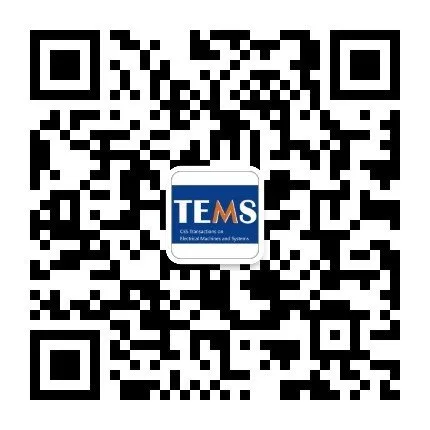

Official Bilibili of the Society
CES TEMS
Today’s Headline Account


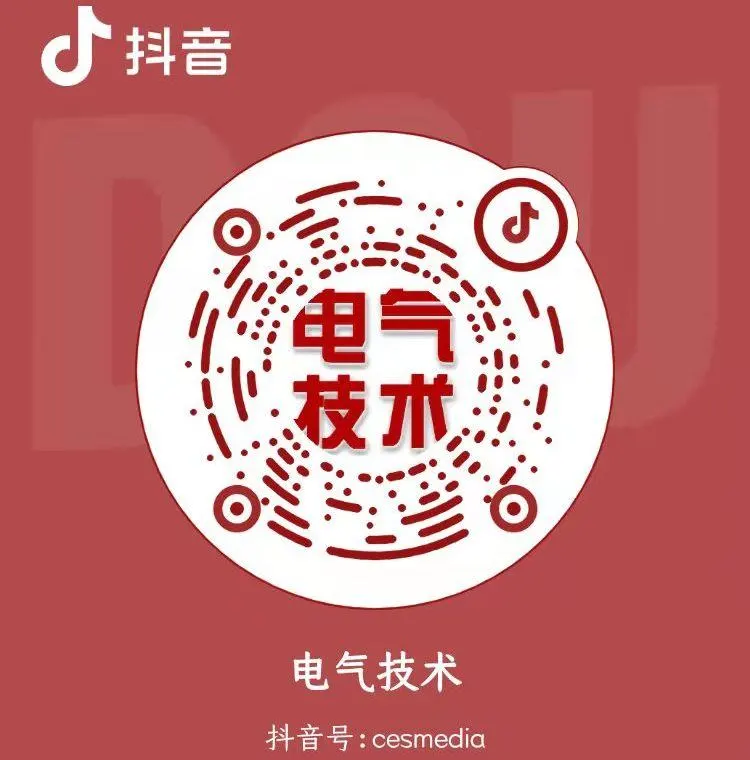
Society Science Popularization WeChat
Sina Weibo
Douyin Account
Contact Us
☎️ Journal of Electrical Engineering Technology: 010-63256949/6981; Email: [email protected]
☎️ Electrical Technology: 010-63256943; Email: [email protected]
☎️ Journal of China Electrical Engineering Society on Motors and Systems (CES TEMS): Phone: 010-63256823; Email: [email protected]
☎️ Editorial Office: 010-63256994
☎️ Subscription: 010-63256817
☎️ Business Cooperation: 010-63256867/6838